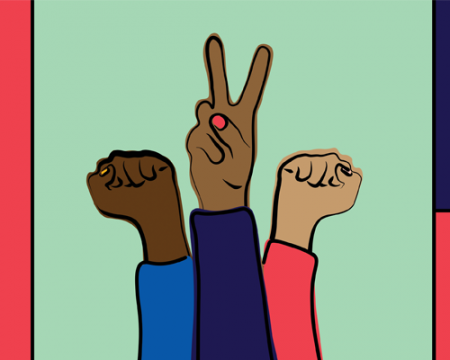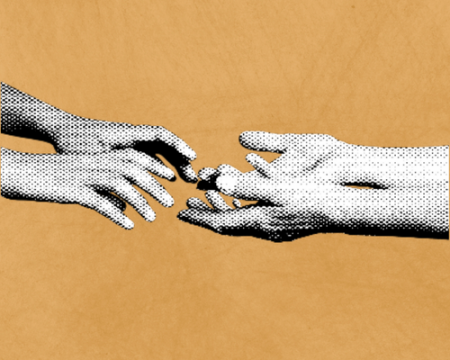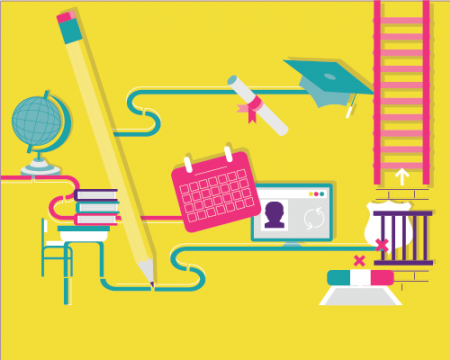Youth
All young people must have the opportunity to meaningfully participate in our society. The ACLU Youth Policy project seeks to ensure that young people – particularly those who have been historically excluded or underserved – receive meaningful education and services in communities, instead of being pushed to a juvenile justice system that will undermine their ability to be successful as adults. Our current focus is on reforming school discipline policies and practices, working to limit school-based referrals to the juvenile justice system, and decreasing the over-reliance on jails and prisons for young people in the juvenile and adult criminal law systems.










